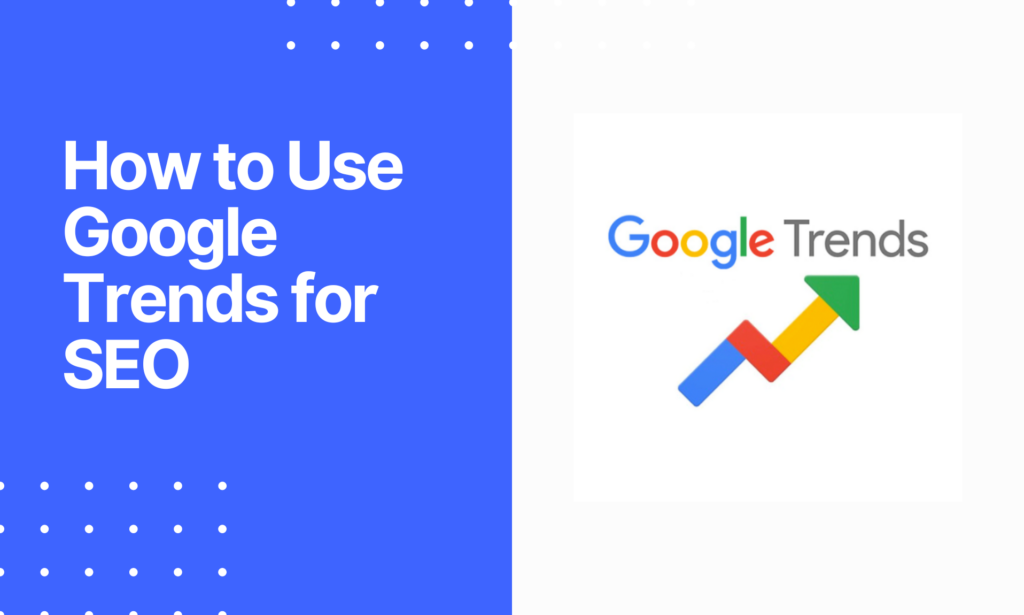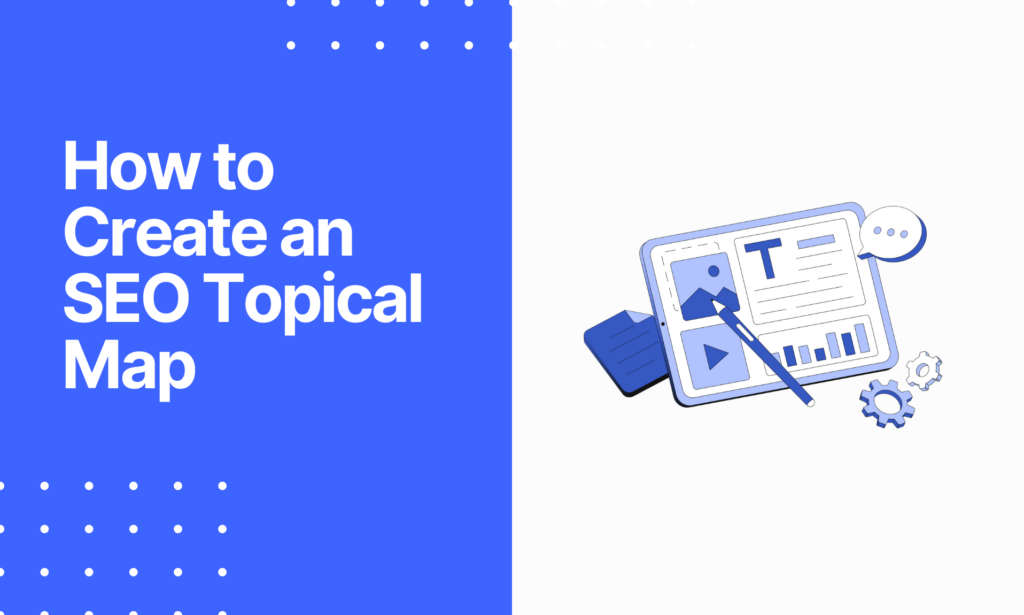Your website’s worth is more than just ones and zeros; it’s a blend of attracting visitors, generating revenue, and building trust. Think of it as a digital gold mine: the more quality content, strong SEO, and loyal users you have, the more valuable it becomes.
Ultimately, it’s what a buyer is willing to pay for this online real estate that determines its true price. In this post, we’ll answer the familiar question, “What is my site worth? You’ll learn how to determine the value of your website and how to boost its worth to potential buyers.
Let’s get started.
What Can Affect Website Value? 7 Key Factors

The general rule is that a typical website is anywhere between 20–50 times its monthly net profit. This means that if your business earns around $2,000 after expenses, the selling price of the site would be in the range of $24,000 to $100,000.
Here are seven key factors that can affect the value of a website. By focusing on these factors, you can increase the value of your website and make it more attractive to potential buyers.
Join 900+ to receive a weekly SEO video from my YouTube channel, which I’ll share, and an actionable SEO tip every week.
1. Domain Content, Name, and Design
The quality and quantity of your website’s content is one of the most important factors that affect value. Search engines like Google prioritize websites with high-quality, informative, and engaging content that is relevant to the target audience. Regularly publishing fresh content shows that your website is active and up-to-date, which can also help improve your ranking in search results.
Your website’s domain name can also affect its value. A short, memorable, and brandable domain name is generally more valuable than a long, complex, or generic domain name.
Last but not least, the design and user experience of your website also play a crucial part in determining its value. Websites that are well-designed and easy to navigate are generally more valuable than those that are poorly designed and difficult to use.
2. Evaluating Traffic Sources and Backlinks
The amount of traffic your website receives is another important factor that can affect its value. Websites with high traffic levels are generally more valuable than those with low traffic.
There are many ways to drive traffic to your website, such as search engine optimization (SEO), social media marketing, and email marketing.
You should also consider the impact that backlinks have on the quality of your website. Backlinks are links from other websites to your website. Websites with a high number of backlinks from high-quality websites are generally more valuable than those with few or no backlinks.
Backlinks can be seen as a vote of confidence from other websites, and they can help improve your website’s ranking in search results.
3. Monetization Growth Potential

The potential for a website to generate income is another important factor that can affect its value. Websites with a proven track record of generating income are generally more valuable than those without.
There are many ways to monetize a website, such as through advertising, affiliate marketing, and e-commerce.
4. Domain Age
Domain age refers to the amount of time a given domain name has been registered and in use.
While not a major ranking factor, search engines like Google may consider domain age as a sign of trustworthiness and authority. Older domains may have a slight edge over newer ones in terms of search visibility.
In other words, a long domain age doesn’t automatically ensure high rankings or success. At the same time, newer domains can still achieve excellent rankings and build a strong reputation with the right strategies.
Here’s a breakdown of how domain age works:
- Registration Date: The domain age clock starts ticking on the date a domain name is initially registered with a domain registrar.
- Active vs. Inactive: The domain must remain active (meaning it’s been continuously renewed and not allowed to expire) for its age to keep accumulating.
- Calculation: The age is calculated by subtracting the registration date from the current date.
- Checking Domain Age: You can use various online tools, known as domain age checkers, to determine the age of any domain name.
5. Domain History
Domain history is just one piece of the puzzle when evaluating a website or domain. Websites that have been around for a long time and have a positive reputation are generally more valuable than newer websites.
In short, a domain’s history, including past ownership and content, can influence its reputation and trustworthiness. It can also help you avoid blacklisted domains and identify brand conflicts or potential legal issues.
Another benefit of knowing the history of a domain is to give you insight into past SEO practices or penalties linked to the domain, which can affect its current SEO performance.
Domain history generally includes:
- Past owners: Information about who previously owned the domain, including names, contact details, and ownership periods.
- Registration details: Dates of registration, renewals, and any domain transfers.
- IP addresses: Historical record of IP addresses the domain was associated with.
- DNS records: Past configurations of the domain’s DNS settings, indicating website content and hosting changes.
- Whois data: Publicly available information on the domain owner, like contact information and registration details.
6. Transferability
Transferability refers to how easily a website’s ownership and assets can be transferred to a new owner. By ensuring a website’s seamless transferability, you can increase its value, appeal to potential buyers, and create a more liquid asset for future opportunities.
Here’s how transferability impacts website value:
- Ease of transfer: Websites with clear ownership documentation, easily transferable assets, and uncomplicated transfer processes are generally more valuable.
- Buyer confidence: Potential buyers are more likely to invest in websites that can be seamlessly transferred, as it assures a smooth ownership transition and reduces risks.
- Resale potential: High transferability increases a website’s liquidity, meaning it can be more easily sold in the future if the owner desires.
- Domain name: Easy transfer of the domain name to the new owner is essential.
- Website hosting: Smooth transfer of website files and hosting services is crucial.
- Content ownership: Clear ownership of all website content (text, images, videos, etc.) is necessary for a complete transfer as copyright issues, unclear licensing terms, or reliance on third-party content can create transferability challenges.
- Legal agreements: Any contracts, partnerships, or other legal obligations associated with the website should be transferable or resolvable.
- Technical complexity: Websites with intricate technical structures, custom-built software, or proprietary systems can increase the cost and time involved, potentially reducing the website’s attractiveness to buyers.
- Third-Party dependencies: Reliance on third-party services or integrations can complicate transfers if those relationships cannot be easily transitioned.
7. Future Competition
The impact of future competition on your website’s value depends on a complex interplay of factors.
By analyzing the competitive landscape, focusing on adaptability and innovation, maintaining a strong value proposition, and diversifying your monetization strategy, you can mitigate negative impacts and potentially benefit from future competition.
Future competition can significantly impact the value of a website in several ways, both positively and negatively. Here’s a breakdown of how it can play out:
Negative Impacts
- Increased competition means more players vying for the same audience and revenue streams.
- To compete, you might be forced to lower prices or offer discounts, impacting your website’s earning potential and overall profitability.
- Attracting and retaining users becomes more expensive with increased competition.
Positive Impacts
- Validation of the Market: Increased competition indicates a growing market with potential for continued growth. This can attract larger players and investors, boosting the value of your website through acquisition or partnership opportunities.
- Drive for Innovation: Competition compels you to constantly innovate and improve your website to stand out. This can lead to improved user experience, better features, and higher engagement, potentially increasing your website’s value in the long run.
- Increased Market Efficiency: Competition can drive down costs and prices for users, attracting a larger audience and boosting your user base. This can lead to higher website traffic and potential monetization opportunities, increasing your website’s value.
- Strategic Partnerships: In some cases, competition can also lead to strategic partnerships where you collaborate with other players to share resources, expertise, and market reach. This can expand your offerings, enhance your value proposition, and potentially increase your website’s worth.
How to Increase the Value of Your Website

Increasing website value is an ongoing process. By implementing the tips listed below and consistently monitoring your progress, you can steadily increase your website’s visibility, user engagement, and potential monetary value.
Take a look.
Content is Key
Publish high-quality, informative content because engaged and targeted audiences are more valuable to advertisers and potential buyers. So, you must research your target audience’s needs and provide valuable content that answers their questions and solves their problems.
Another key factor is knowing how to optimize for relevant keywords: Use keyword research tools to identify relevant keywords and optimize content for them naturally. Don’t keyword stuff, focus on user experience and readability.
You can also go beyond text to keep your audience engaged and improve user experience. You can do this by utilizing diverse content formats like images, videos, infographics, and podcasts
Technical SEO
Try these tips to ensure your website is technically sound:
- Make your website mobile-friendly: Google prioritizes mobile-friendliness, so make sure your website looks and functions flawlessly on all devices.
- Optimize page loading speed: Slow loading times hurt user experience and SEO. Use website speed optimization tools to identify and fix bottlenecks.
- Secure your website with HTTPS: Having an SSL certificate and using HTTPS ensures secure communication and builds trust with your audience.
- Implement structured data: Utilize schema markup to provide detailed information about your content to search engines, improving visibility and click-through rates.
- Stay up-to-date with SEO trends: The SEO landscape is constantly evolving, so stay informed about the latest changes and adjust your strategies accordingly.
Link Building
One of the crucial ways to ensure a well-flowing website and boost traffic is to build high-quality backlinks. Focus on getting backlinks from relevant, authoritative websites. Guest blogging, creating linkable assets, and participating in online communities are great ways to do this.
On the flip side, you must disavow bad links. Monitor your backlinks and actively disavow any spammy or irrelevant links that could harm your SEO.
User Experience

The whole point of building a successful website is to have people stop by and engage with it in one way or another. So, your top priority is to develop a clear and intuitive website design. This means easy and user-friendly navigation. Also, aim for a clean and uncluttered design that focuses on content clarity.
Another thing you can try is optimizing calls to action (CTAs). They’re a great way to get users to take the actions you want them to, whether it’s subscribing to your newsletter, making a purchase, or contacting you.
This brings us to our next point: build an email list. Capturing email addresses helps you stay connected with your audience as well as providing you with a seamless way to promote your content. It also makes promoting your website on various social media platforms more accessible.
Finally, you need to analyze user behavior. Use analytics tools to understand how users interact with your website and identify areas for improvement.
Wrap-Up
Determining your website’s worth involves multiple factors, not just a magic number. It’s like valuing a house: traffic, revenue, SEO strength, domain history, and future potential all play a part.
Tools like Semrush and Flippa can offer rough estimates, but factors like brand reputation and unique assets require expert consideration. Remember, your website’s worth is ultimately what a buyer is willing to pay, which is why it’s crucial to put all your focus on building a valuable site!
FAQ
What Is the Domain Indexed Age?
Domain indexed age, also known as indexed age or index age, refers to the amount of time a search engine has been aware of a domain’s existence and has actively included its pages in its search results. It’s a distinct concept from domain registration age, which measures how long a domain name has been registered.
How Can You Improve Domain Authority?
Boost your domain authority by crafting top-notch content, earning links from credible sites, ensuring your website is lightning-fast and mobile-friendly, prioritizing a seamless user experience, and building brand awareness online. It’s a marathon, not a sprint, so be patient and consistent in your efforts.
What Is a Brandable Domain?
A brandable domain is like a blank canvas for your business: short, memorable, and unique, with no specific meaning, ready to be imbued with your brand’s essence and become instantly recognizable, making it easy for customers to find you and remember you in the vast online world.


